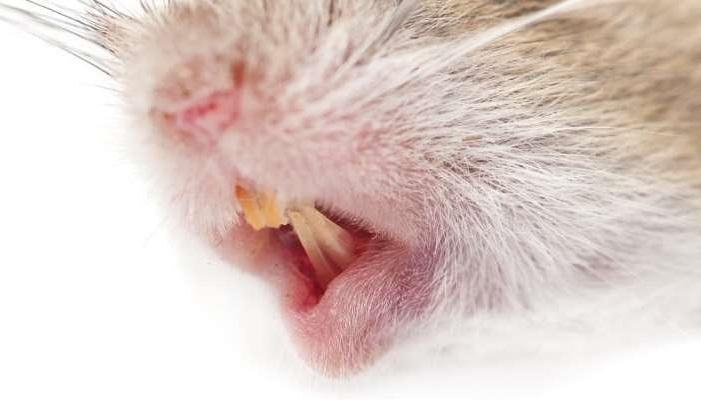A recent animal study has shown that type 1 diabetes (T1D) can negatively affect the microhardness of enamel and dentin.

In the Archives of Oral Biology, the study authors, led by Dr. Mohammad Ali Sagiri of the Rutgers School of Dental Medicine in New Jersey, wrote: “Diabetes causes negative changes in the chemical composition and mechanical properties of enamel and dentin in a rat model”.
Previous animal and human studies have already shown that people with diabetes are more prone to oral infections and tooth loss, as well as a higher rate of cavities.
The mechanical properties of natural teeth are important. Teeth perform many daily functions, including cutting, tearing and grinding food, and any changes in the hard tissues of the teeth can lead to serious consequences.
To study the effect of diabetes on the microhardness of enamel and dentin, the researchers used streptozotocin to induce D1T in mice. Using streptozotocin in mice, the researchers hypothesized that the model could mimic the effect that is induced as a result of D1T.
After 12 weeks of diabetes in mice, there was a significant reduction in enamel microhardness caused by streptozotocin, and after 28 weeks, a decrease in dentin microhardness. The data obtained indicate that DIT affects the microhardness of enamel much faster and more seriously than the microhardness of dentin.
The researchers explained the observed changes by the adverse effect of D1T on the metabolic functions of ameloblasts and odontoblasts. Other explanations for why diabetes has such a dramatic negative effect on enamel and dentin have been identified:
- Reduction in the thickness of enamel and dentin
- Change in the amount of mineral ions that accelerate the remineralization of the dentin matrix< /li>
- Inhibitory effect of hyperglycemia on enamel and dentin mineralization
- Decrease in the amount of calcium and phosphorus in tooth enamel
- Change in the orientation and position of the enamel prism, which can affect effector molecules, such as enamel proteins
- Hyperglycemia-induced interference with the maturation and mineralization of the collagen matrix during dentin formation.
